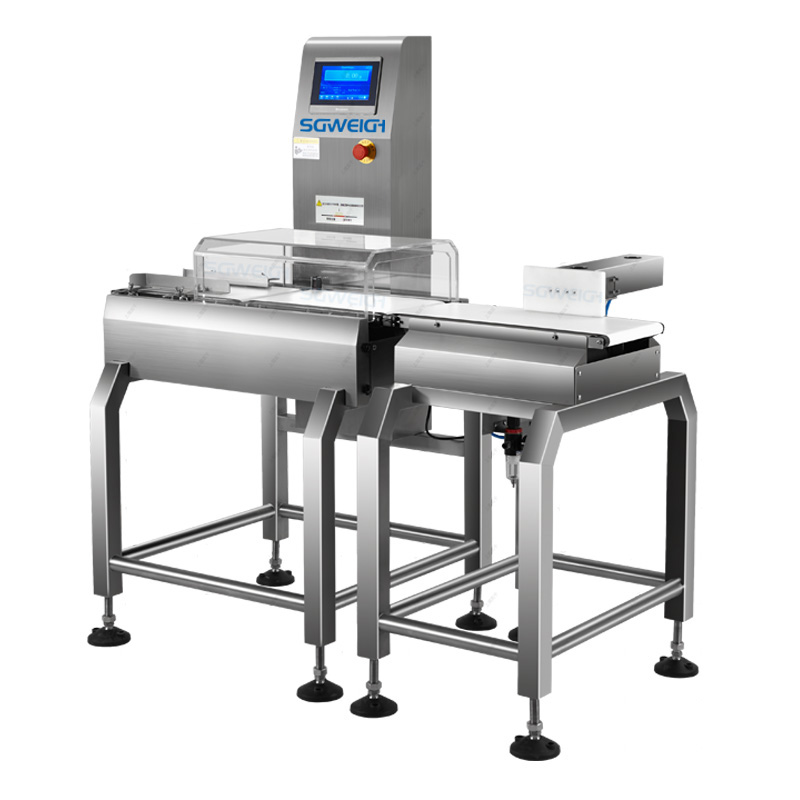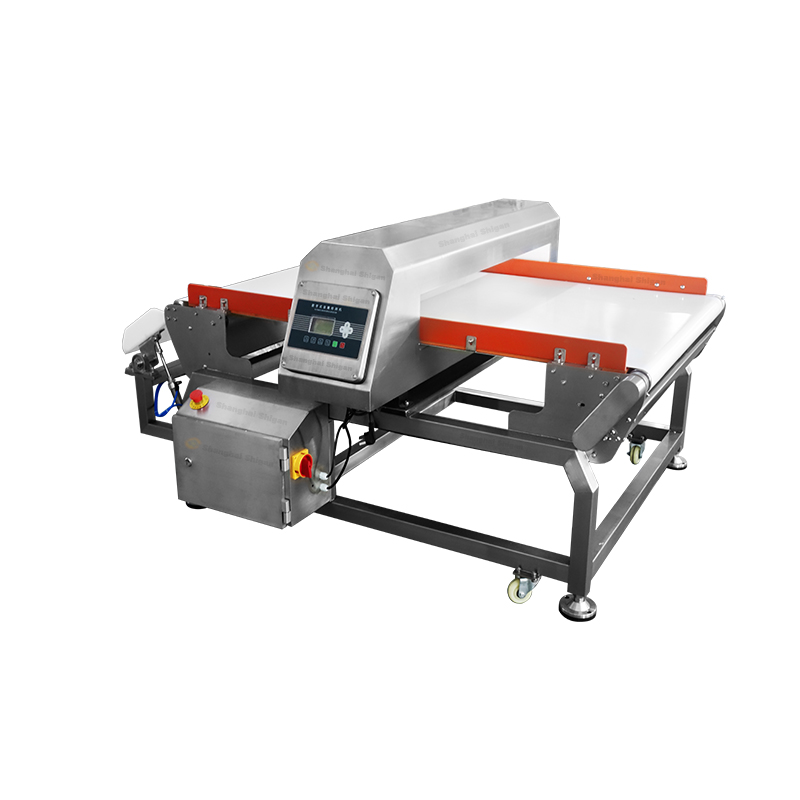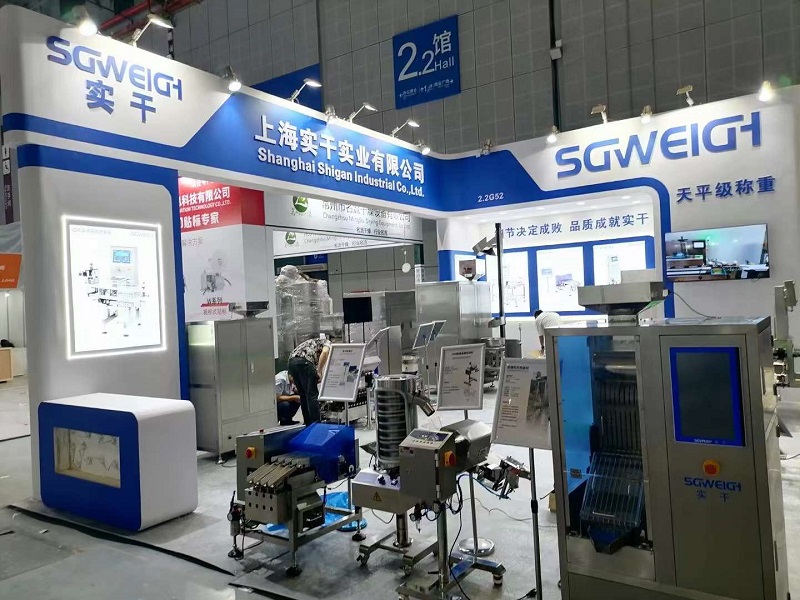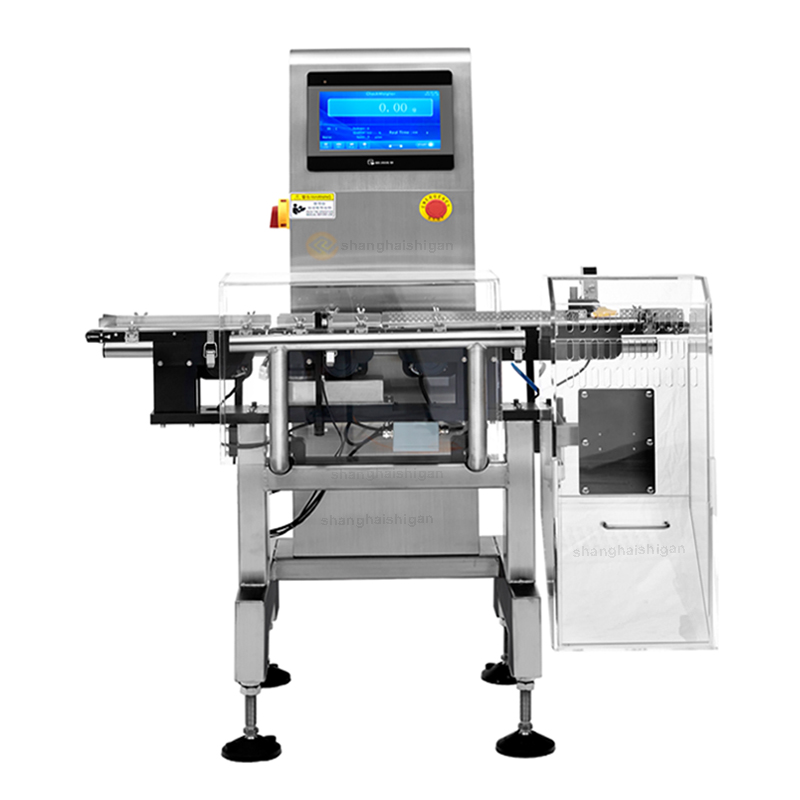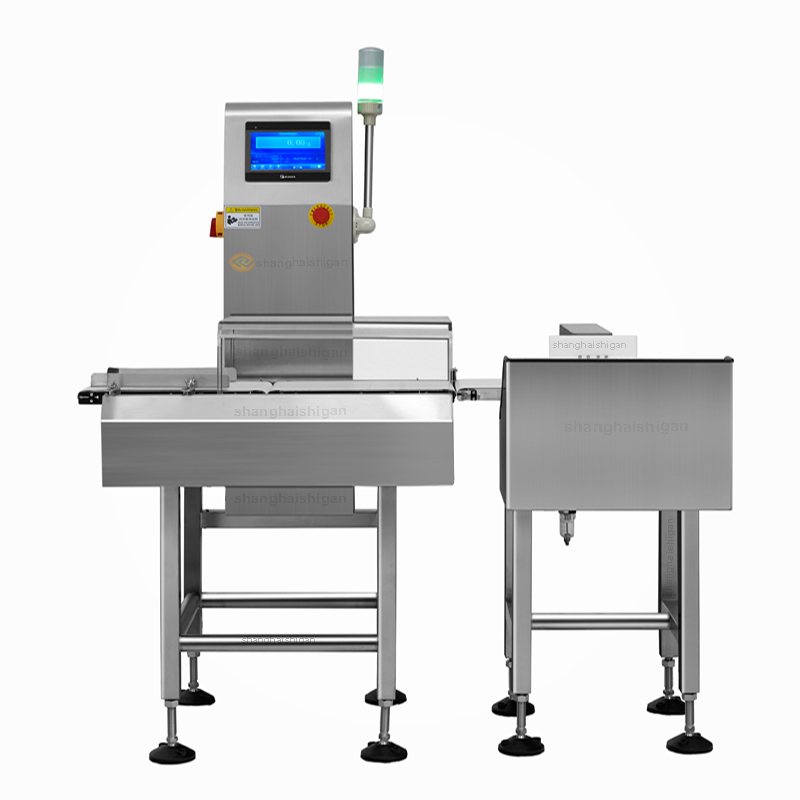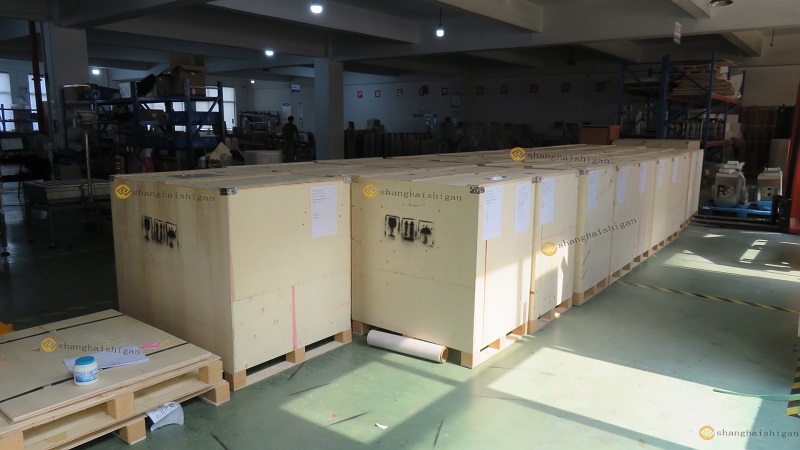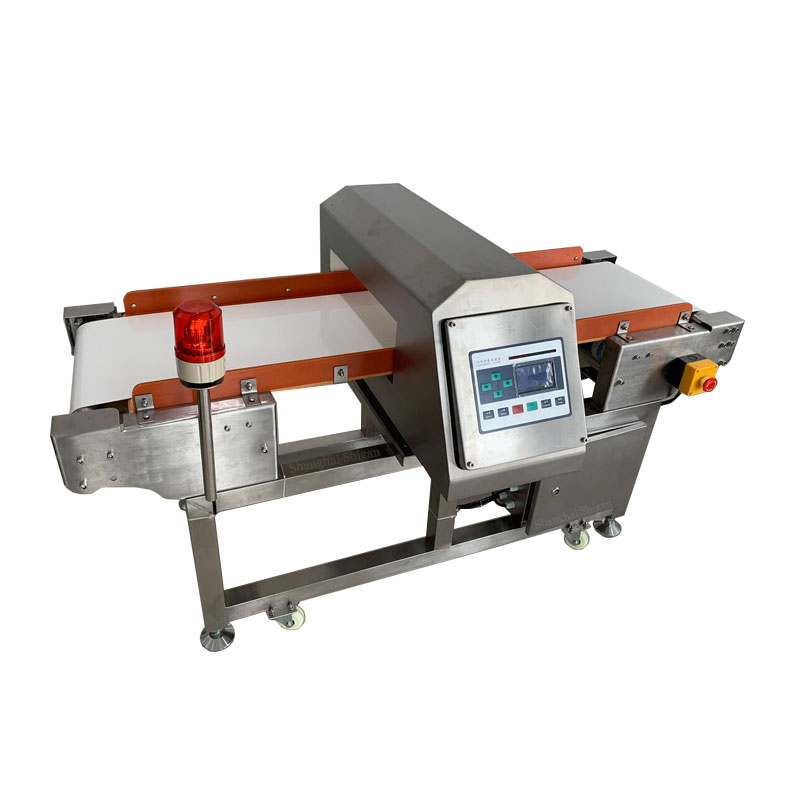What is a Checkweigher Used for?
A checkweigher is a specialized industrial machine used for the purpose of ensuring that the weight of a product falls within specified limits. It is an essential component in production and packaging lines, particularly in industries where the weight of products is critical for quality control, compliance with regulations, and customer satisfaction.

Here are the primary purposes and functions of a checkweigher:
1. High precision weighing
The checkweigher adopts high-precision digital weighing sensors, which can achieve high-speed and high-precision weight detection, and is suitable for various occasions with strict weight requirements.
2. Quality control
The verification scale plays a crucial role in maintaining product quality by verifying whether each item meets the specified weight requirements. This helps ensure consistency between product display and consumer expectations. Realize high-speed and high-precision weight detection under dynamic online conditions, and automatically sort products that are too light or too heavy, improving production efficiency.
3. Humanized operating system
The checkweigher adopts touch screen operation, with a simple and easy to understand interface, and supports multiple language choices. At the same time, the device has 100 product preset functions that can be freely switched.

4. Compliance with regulations
Many industries, especially those involving food and drug production, are subject to strict regulations regarding product weight. Verifying scales helps companies comply with these regulations and avoid penalties.
5. Packaging optimization
The verification scale helps optimize the packaging process by identifying products that deviate from the target weight. These pieces of information allow manufacturers to adjust packaging parameters to reduce material waste and improve cost efficiency.
6. Avoid overweight or overweight products
Products that reduce holdings may lead to customer dissatisfaction, while products that increase holdings may result in financial losses.
7. Good compatibility
The checkweigher can seamlessly connect with upstream and downstream equipment on the assembly line, such as metal detection machines, automatic scanners, etc. (optional).
8. Dynamic adjustment of production process
Calibration scales are usually integrated into the production line, allowing for real-time adjustment to maintain consistent product weight. This can include automatic adjustments to the filling level or packaging speed.

9. Statistical Process Control
The verification scale helps with statistical process control by collecting data on product weight changes over time. These data can be analyzed to determine trends, changes, and potential issues in the production process.
10. Sorting and rejection
The calibration scale can be equipped with sorting and rejection mechanisms. If the product is found to exceed the specified weight range, the checkweigher can transfer it to the production line for manual inspection, calibration, or removal. As needed, the checkweigher can be equipped with various removal methods such as air blowing, push rod, shift rod, and sinking, to achieve automatic removal of non-conforming products.

11. Record retention and traceability
Many checkweighers are equipped with data recording functions, allowing manufacturers to maintain records of product weight. This supports traceability work and provides documentation for quality assurance procurement
12. Strong anti-interference ability
The checkweigher has a unique dynamic weighing anti-interference correction technology, which makes the weighing accuracy and speed far superior to similar products.
Overall, checkweighers help improve the efficiency, accuracy, and compliance of the production process, especially in industries where weight is a key factor in final product quality and market acceptance.









